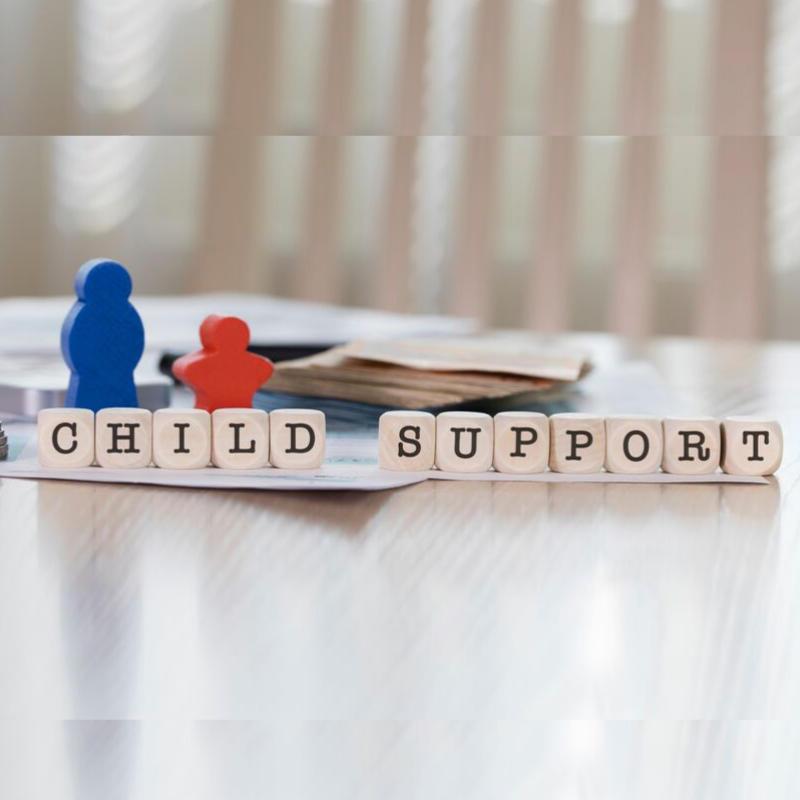
In New Jersey, child support is an issue in cases including children. The tool used to calculate the child support awards are Child Support Guidelines. The Guidelines must be used as a rebuttable presumption to establish and modify all child support orders. A rebuttable presumption means that an award pursuant to a guidelines calculation is assumed to be the correct amount of child support. The exception is when a party proves to the court that circumstances exist that make the calculation inappropriate in a particular case. A court can disregard or adjust a guideline based award if good cause is shown.
Practically speaking, however, most judges use the Child Support Guidelines in establishing or modifying child support.
The main premise of the Child Support Guidelines is that child support is a continuous duty of both parents. Both parents must share their current income with their children. As such, child support is based on both parents combined net income. The Guidelines provide for a weekly sum due for child support taking into consideration the parties income and the number of children involved.
Before child support can be calculated, the parties must first have resolved alimony and parenting time for the non-custodial parent as they are relevant in a child support calculation.
Child support is based on the income of the parties. Therefore, legal issues must be analyzed to determine what income is to be utilized for each party. Sometimes a parent is unemployed or underemployed or they may have irregular or sporadic income. Sometimes defining income can become a project itself. For W-2 wage earners, however, the Guidelines are relatively simple. In any case, though, because there are so many considerations and factors upon which child support is based, be sure to speak to an attorney who specializes in family/divorce law and/or has experience utilizing the Guidelines so they can walk you through a child support calculation and ensure the correct amount is being paid or received.
Please contact me at jlawrence@lawlawfirm.com if you have questions about this post or any other family law matter.
The Super Lawyers List is issued by Thompson Reuters. A description of the selection methodology can be found here. Visit here for the selection methodology for Best Lawyers. A description of the Martindale-Hubbell AV Preeminent® status selection methodology can be found here. No aspect of this advertisement has been approved by the Supreme Court of New Jersey.
© 2024 Lawrence Law Firm.
All rights reserved | Attorney Advertising